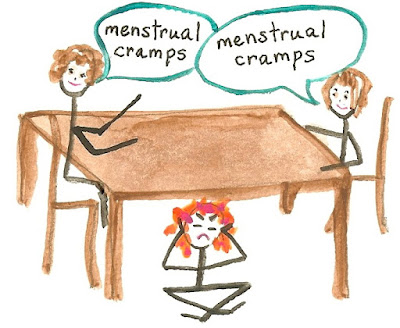I’m kidding.
No, I’m not. But before I get to ailments, let me remind you of a few things. I remember back in our Second Thirds, I went to a dinner and said, “Listen to us. All we’re talking about are mortgages!” Later in my Second Third, my two sisters and I went on a road trip with (poor) Sophie. Ten minutes in the car, and my sisters were discussing menopause. I had to declare a moratorium before Sophie threw herself from the car.
So I’m trying to chart our life spans by the conversations we beat to death. Somewhere in the first two Thirds, I know every man in America would put “relationships,” as in “Do we have to discuss the relationship again?”
My friend Janet, after visiting Alaska, once pointed out that every conversation included “ordeals we have faced outdoors.” But I think that topic is geographically specific and just rises to the surface when faced with visitors who need to be scared to death. It’s not a topic that is so embedded in the human condition that it arises from our collective unconscious.
Okay, so what ailments do you have? A bad knee? Diabetes? Receding gums? Hearing loss? Do you want to hear about mine?
I remember spending time in a preschool. The children discussed their owies in great detail. They showed them off, inspected them, rehashed all their symptoms.
Just watch someone in a hair salon and the obvious pleasure they get from having someone work on their hair. Then look at apes grooming each other, picking the insects out of each other’s hair, and you wonder, how deep does that pleasure go? To our very DNA? So is it the same with our preoccupation with ailments? Is it embedded in us? Are we programmed to talk about our ailments?
So when do you want to hear about mine?
My guess is that the ailments discussion morphs over time, depending on the life stage. I used to tell visitors to my family’s home in New York that no matter what the occasion, somehow menstrual cramps were going to be discussed at the dinner table. It happened every time … in a house with three girls. Or maybe I just remember it so vividly because it was so monumentally embarrassing.
Pregnant women, new mothers, and nursing mothers share no end of stories: labor and delivery, sleep deprivation, colicky babies. Hmmm, I remember those conversations fondly. It’s how I got suggestions, how I felt like I wasn’t the only inept mother. Those conversations weren’t beaten to death; those conversations were lapped up like balm to the suffering.
So is it time to talk about our ailments yet?
Sometimes the discussion starts at a back door: a discovery of a new remedy. How many conversations about coconut oil were just a lead-in to a discussion about memory loss or … whatever coconut oil is supposed to cure? Costco has things like CoQ10 and 5-HTP and I know they’re supposed to cure something, but I have no idea what. I’m sure if I mention one in conversation someone will have the appropriate ailment to match with it.
Wow, that could be the memory matching game for Third Thirders! But since memory loss is a major, unfunny ailment to most of us, how much fun could that game be?
I’m thinking now that some health problems aren’t even what I’d call ailments; they’re life-threatening. I don’t have really detailed conversations about cancer, and I don’t know if that’s because the folks with cancer don’t want to talk about it and/or don’t want to talk about it with someone who doesn’t have cancer. Same with mental illness. That one really only works with someone who’s been there, but there’s also the stigma that’s still attached to it. Can I talk about it with you without you treating me differently tomorrow?
I’m not sure if injuries are a subset of ailments. Injuries bear no relation to mortality (as long as you survive them). You can tear a ligament skiing and not be any closer to dying. But arthritis means you’re starting to deteriorate. So talking about the former may mean telling an adventure story – right up there with “ordeals we have faced outdoors.” But talking about the latter may ease fear, be a way of reaching for comfort, like all those new, inexperienced mothers did.
Maybe you need to talk about your ailments. Maybe I do. Oops, out of space. Can’t do it here. Have to run. Catch me later.



My friend, Connie (not the Connie you know), calls these conversations "organ recitals."
ReplyDeleteI would argue that the topic "ordeals we have faced outdoors" is indeed embedded in the human condition. From the perspective of a paleoanthropologist, anatomically modern humans have been around for at least 200,000 years - possibly much longer. How much of that time has been spent in the outdoors? We probably are programmed to talk about our outdoor experiences. Learning from each other would have been very important to survival.
Are we programmed to talk about our ailments? I think the connection to survival/natural selection is certainly there, and you have given a few good examples.
A friend told me that when she gets together with family and the subject of ailments and aches and pains gets started they refer to it as their, "organ recital."
ReplyDelete